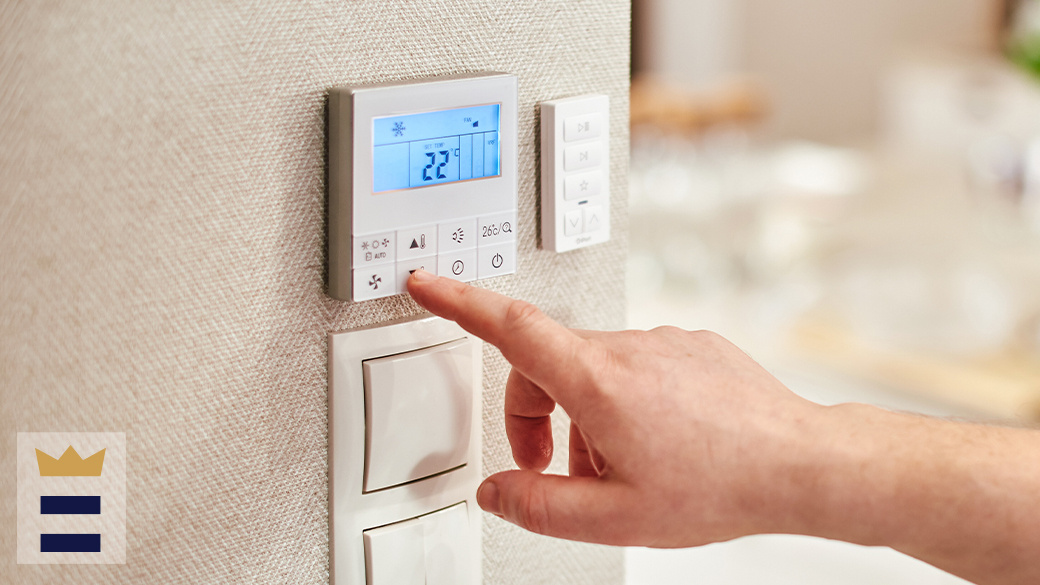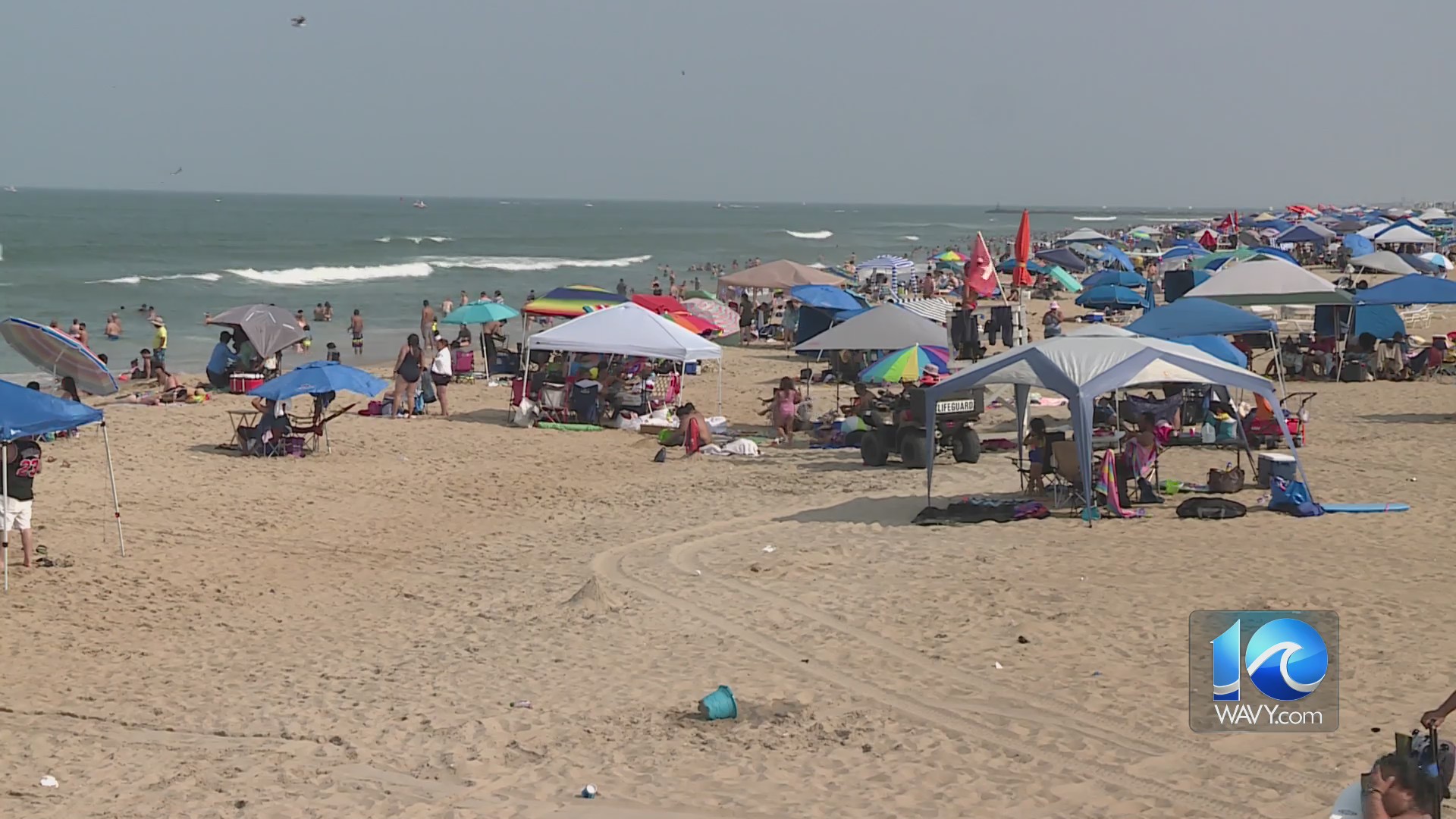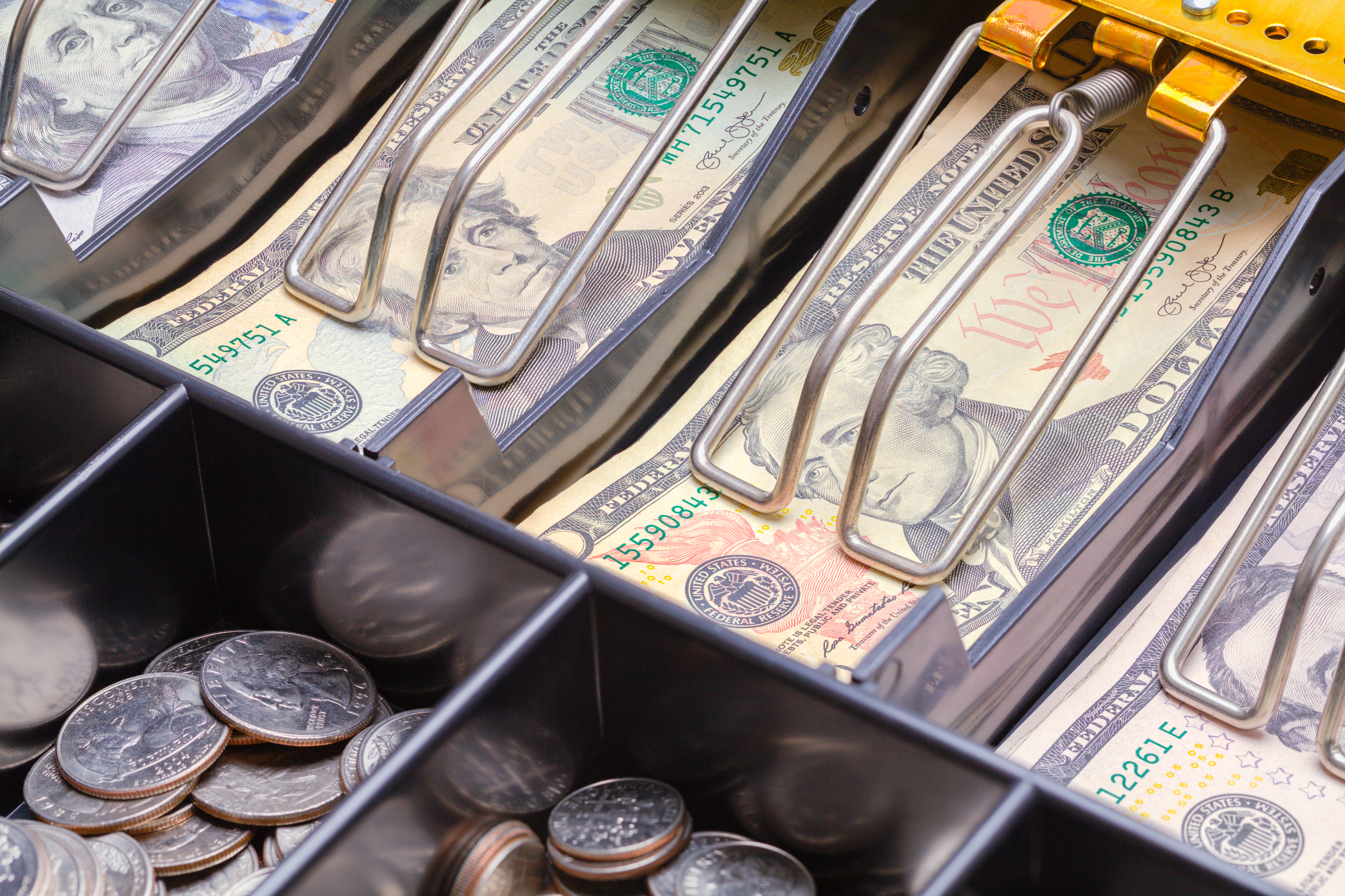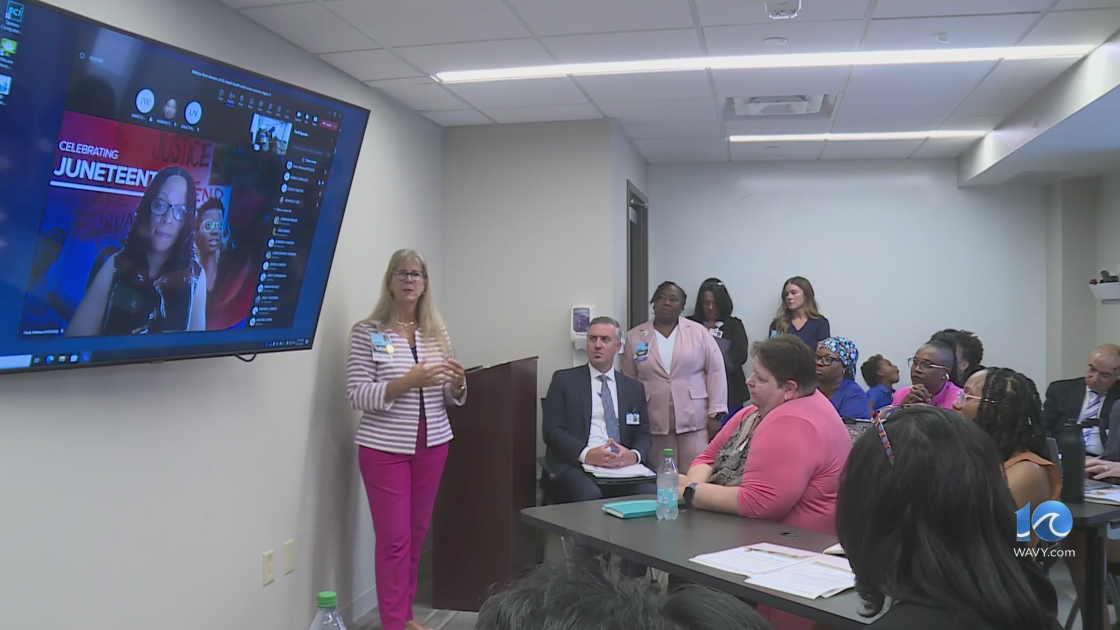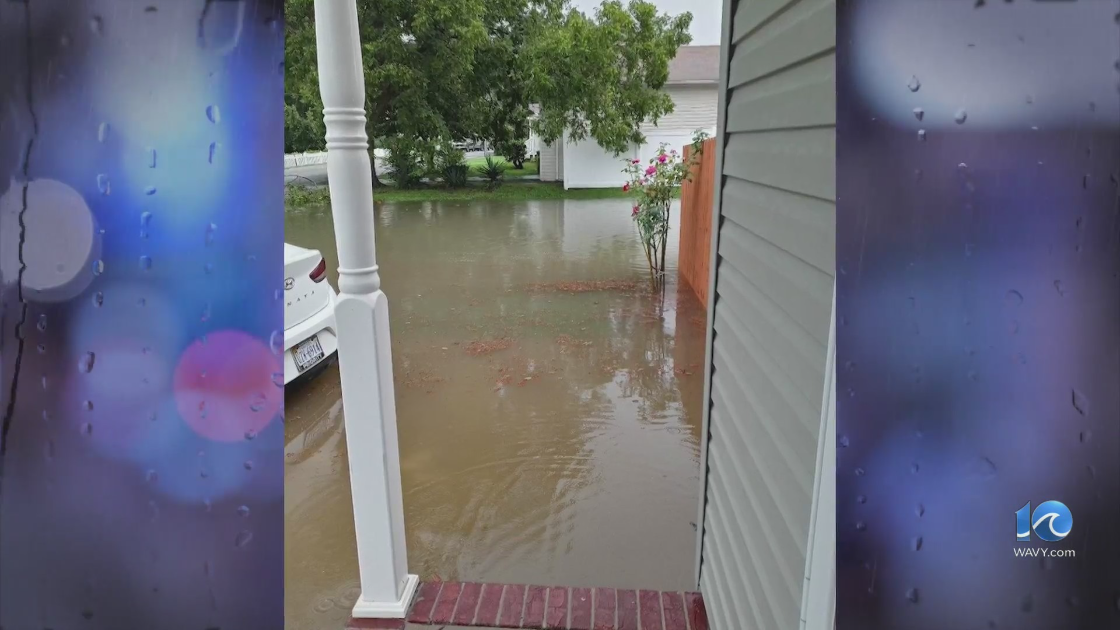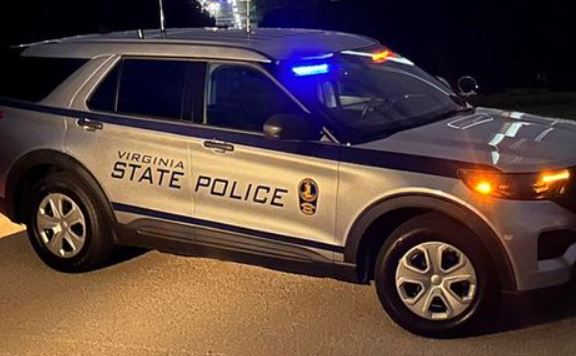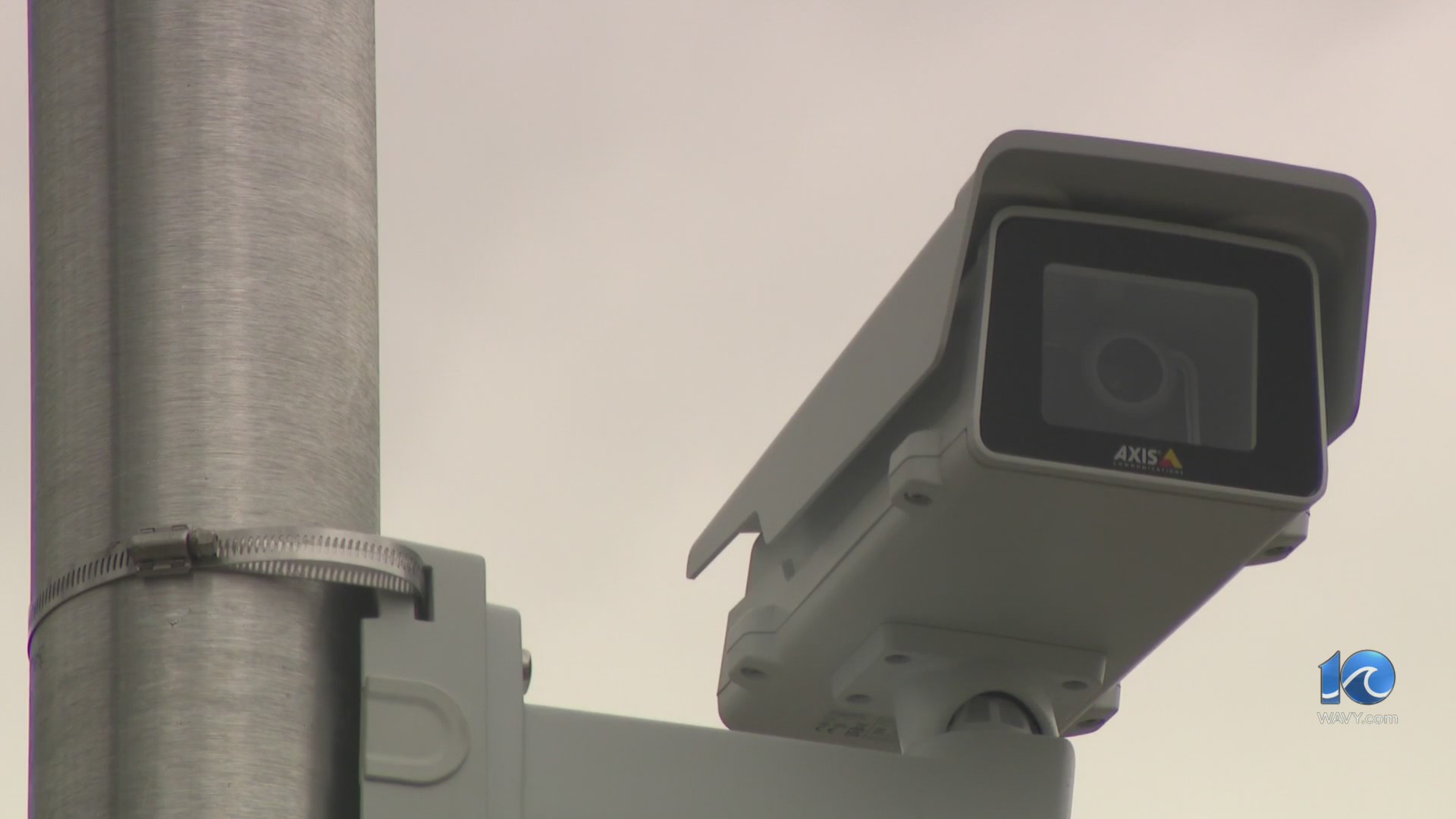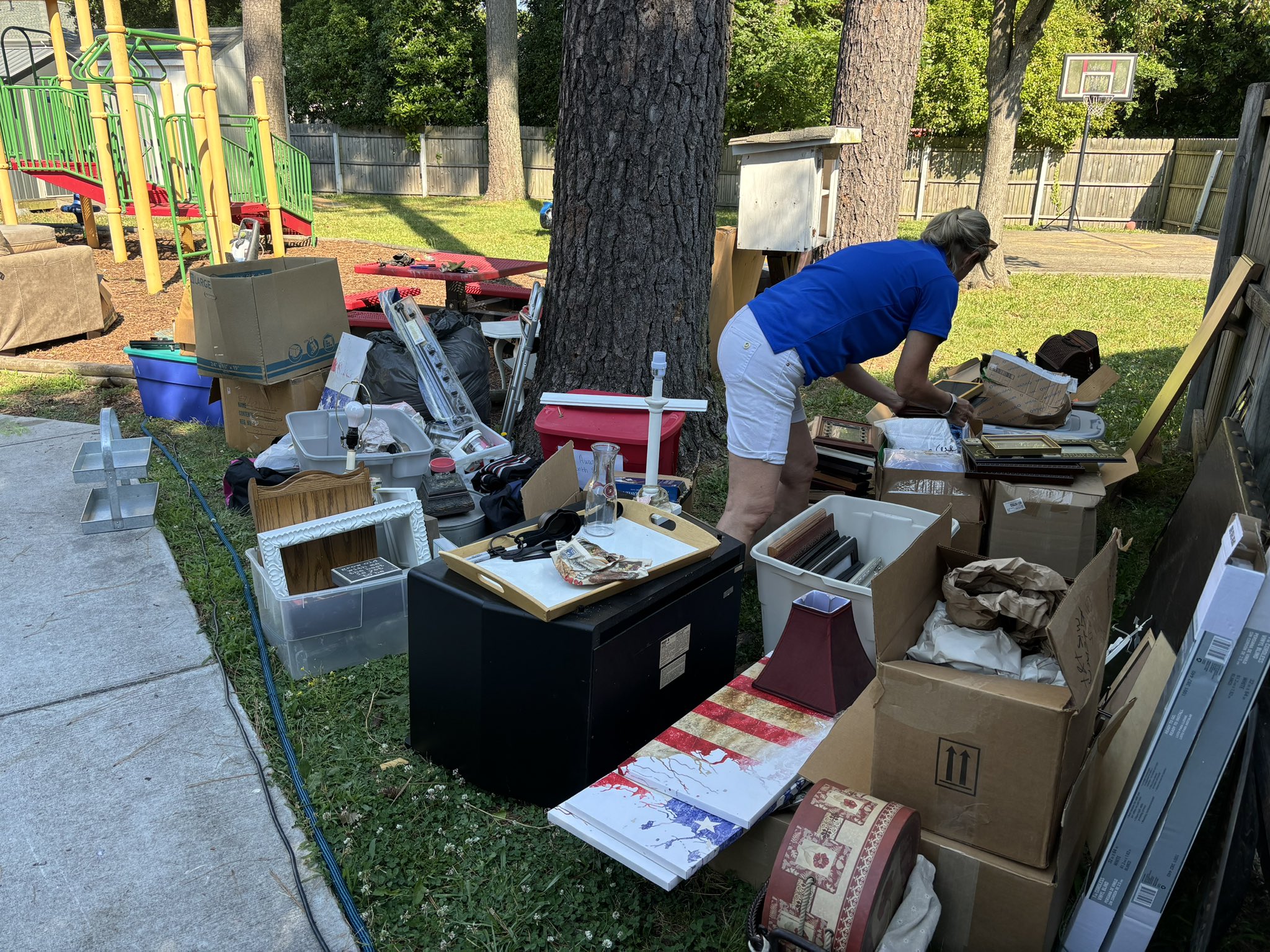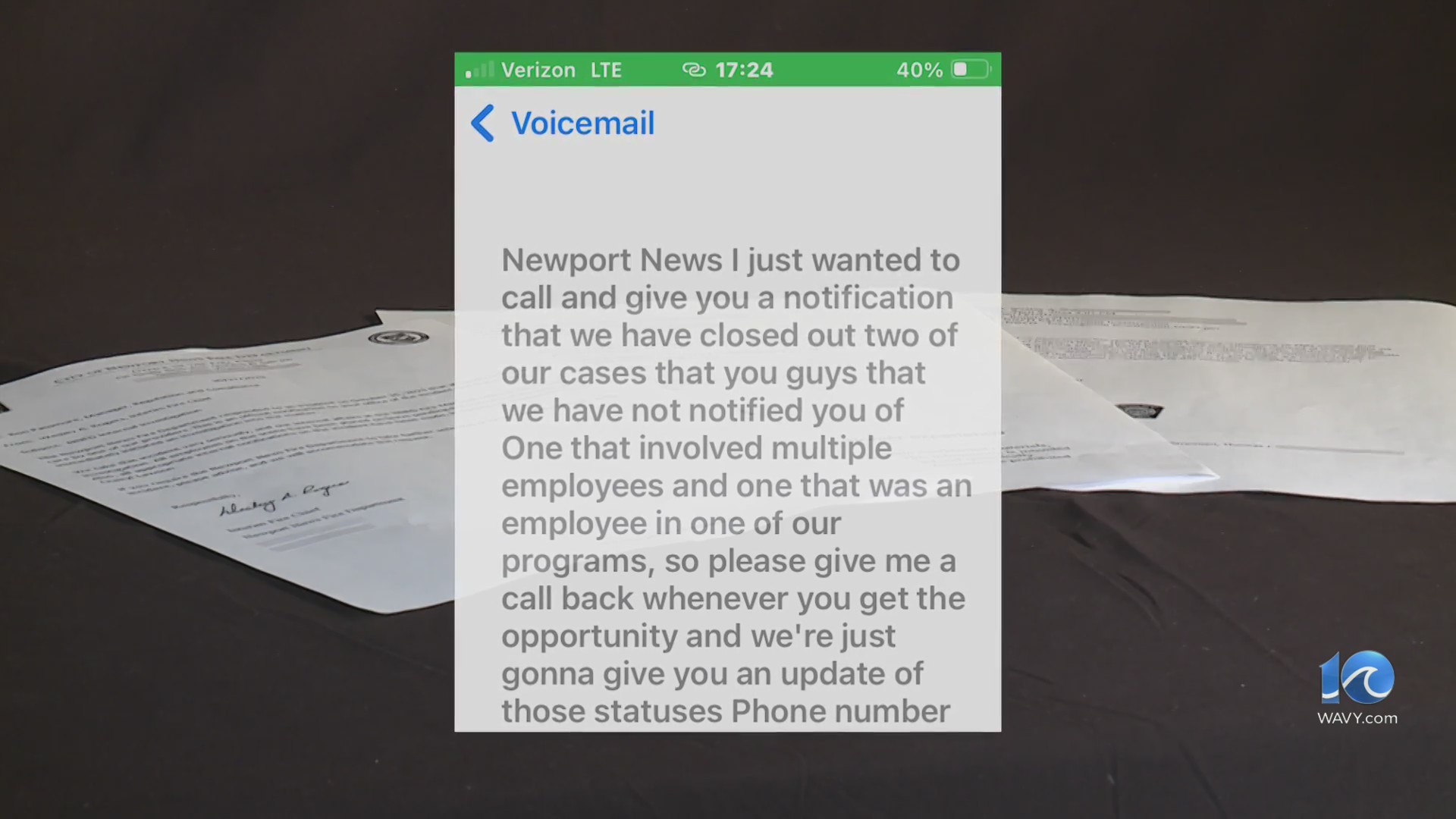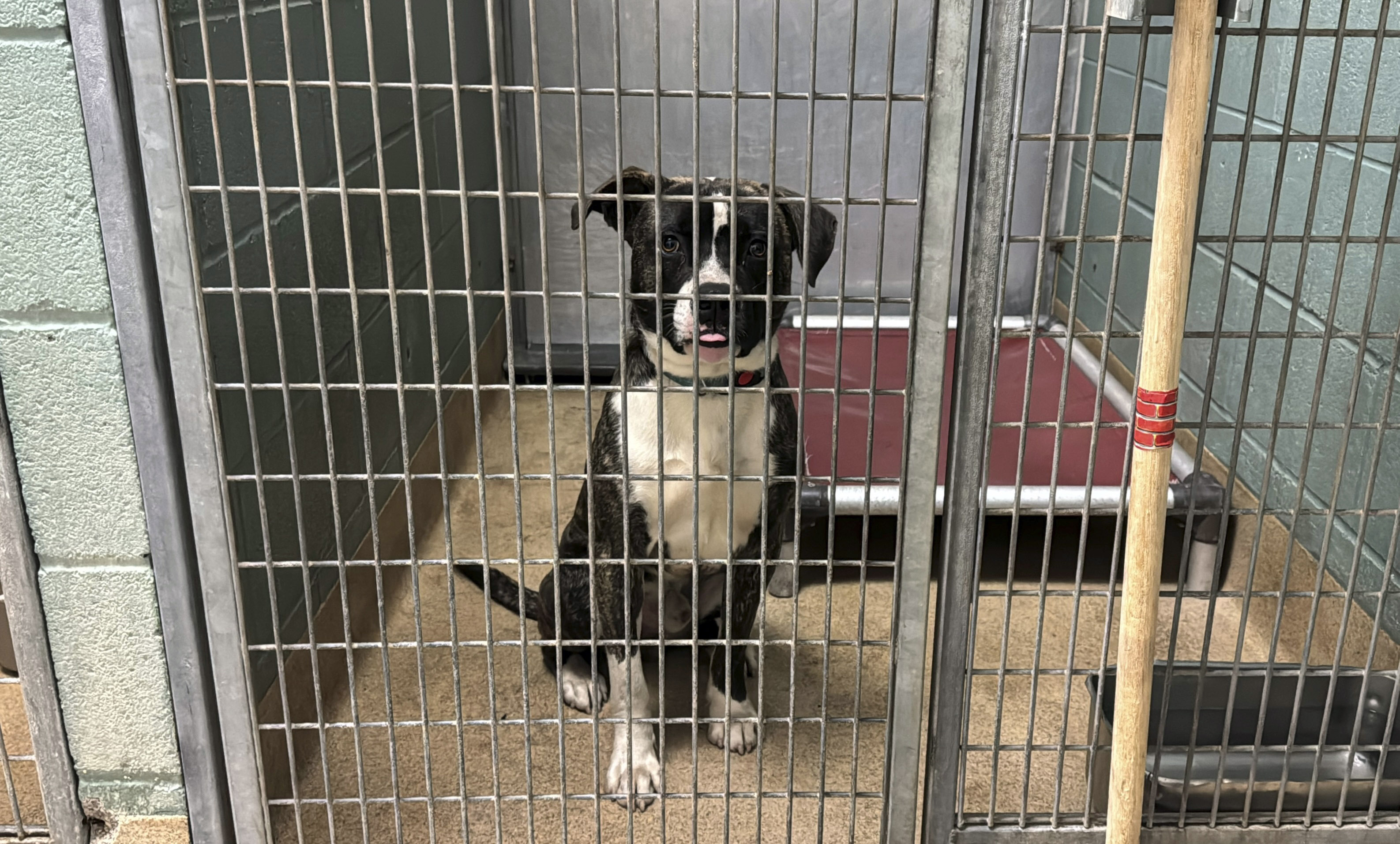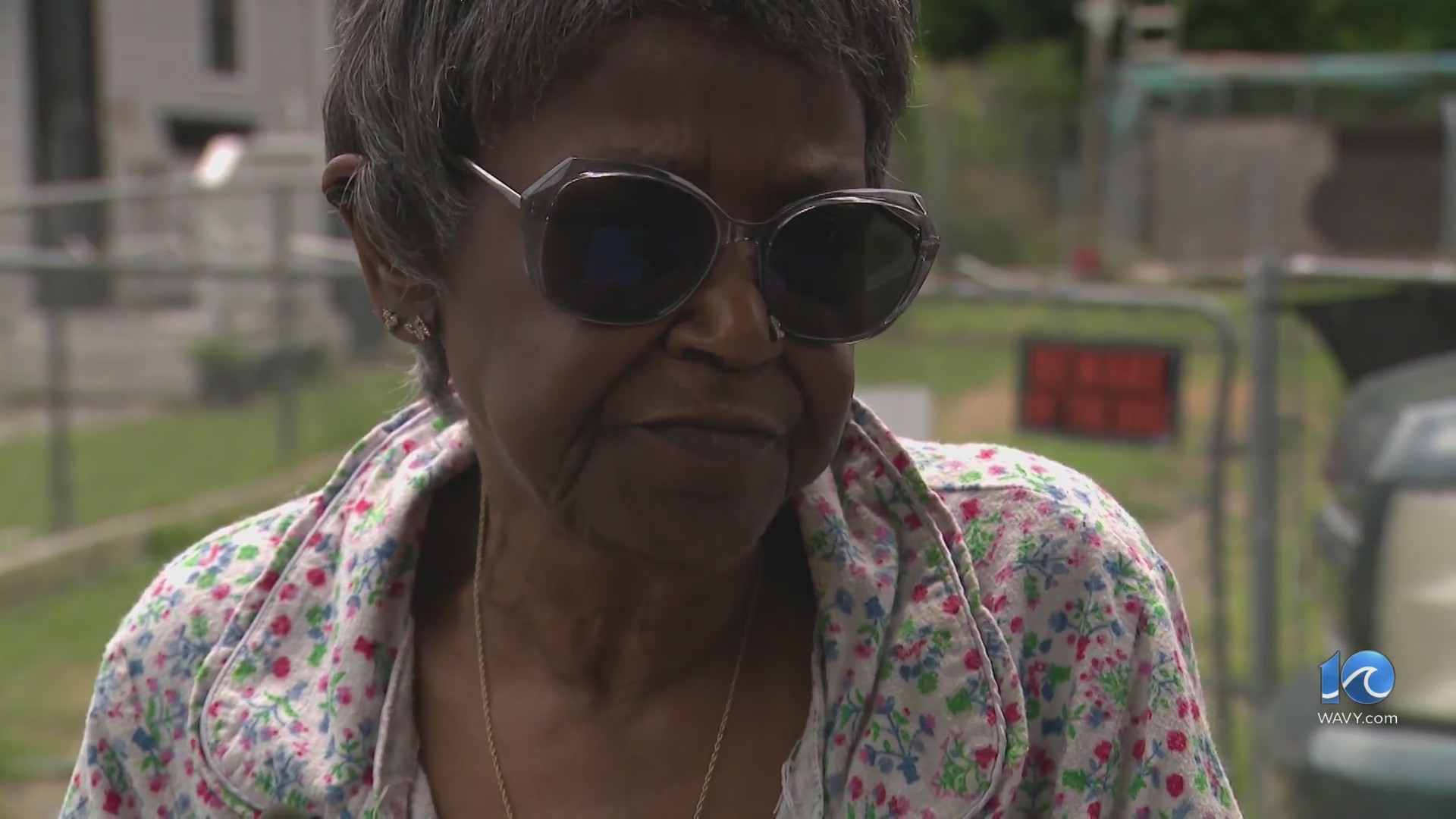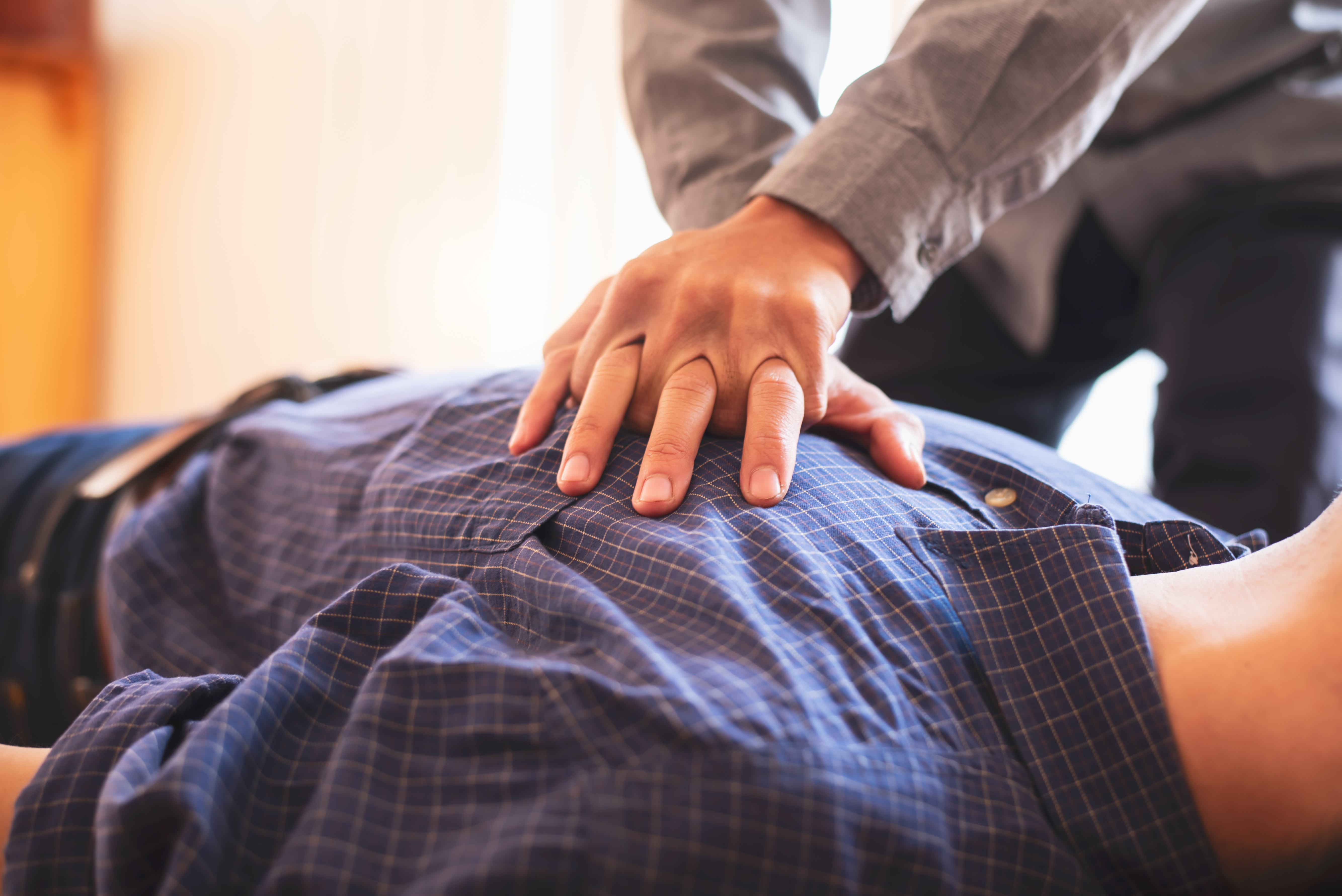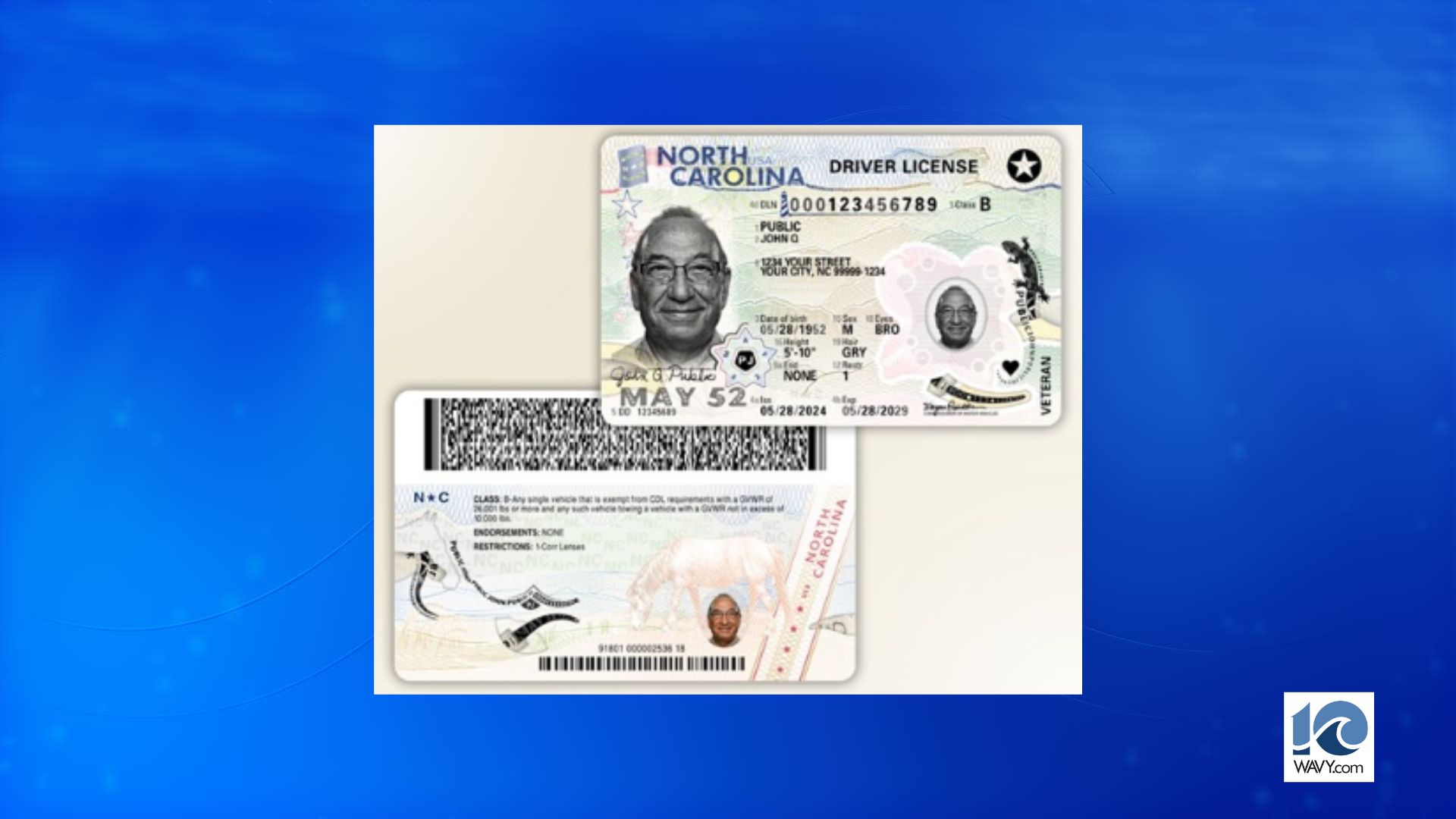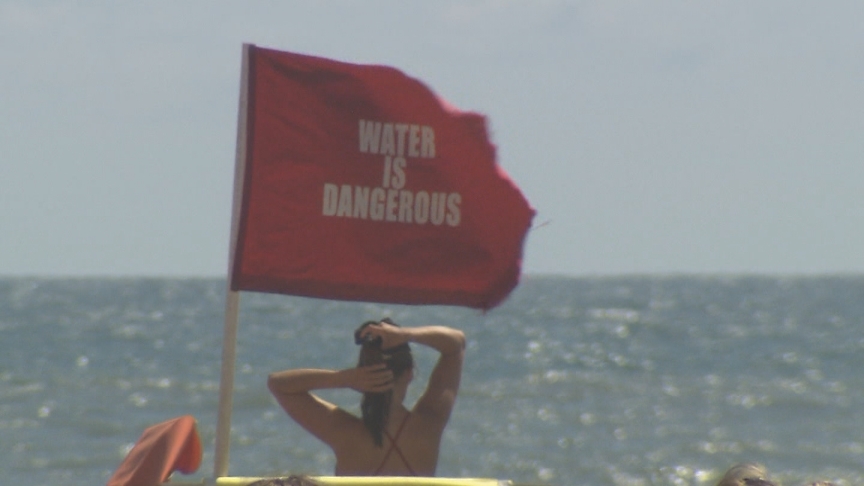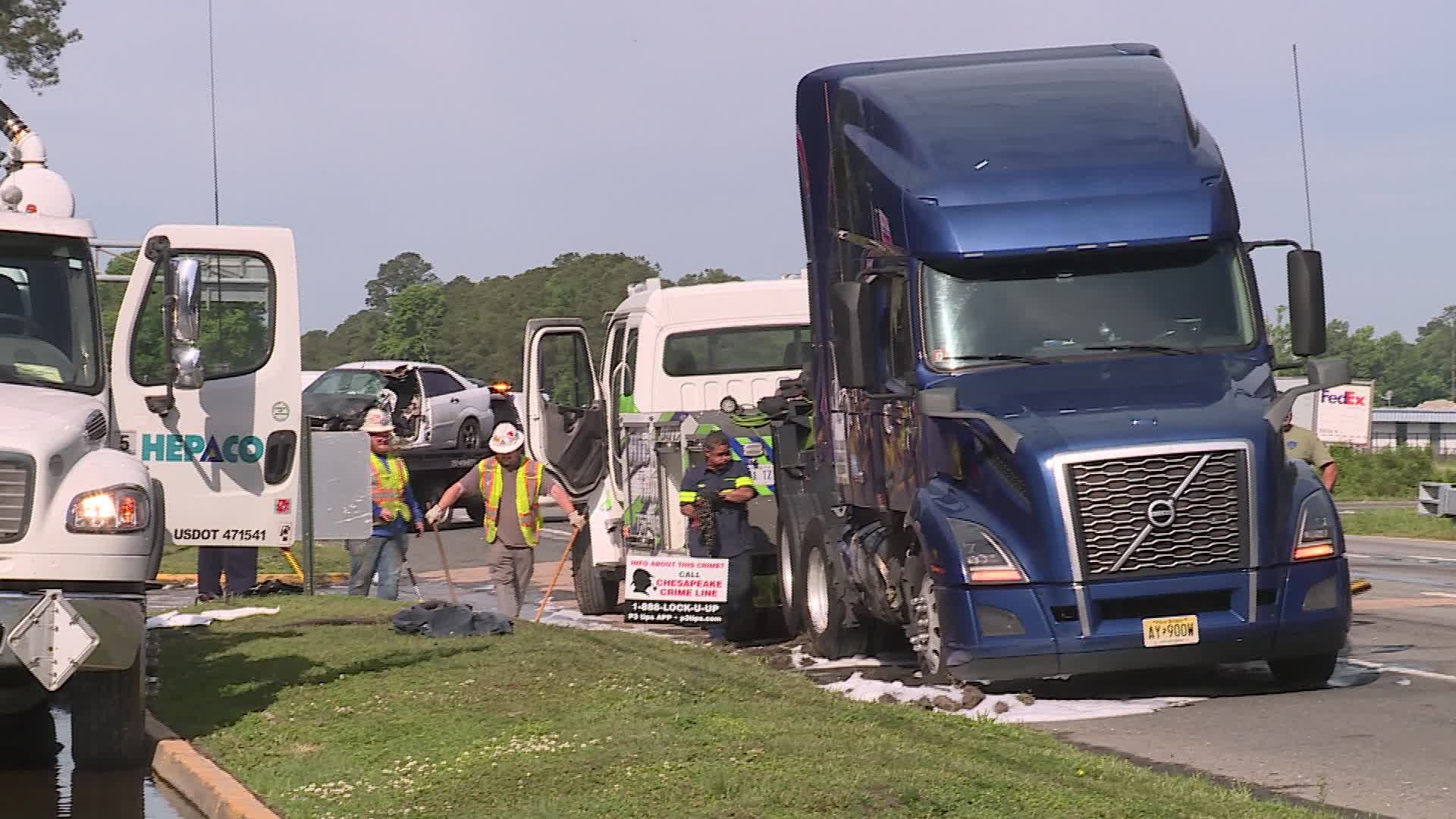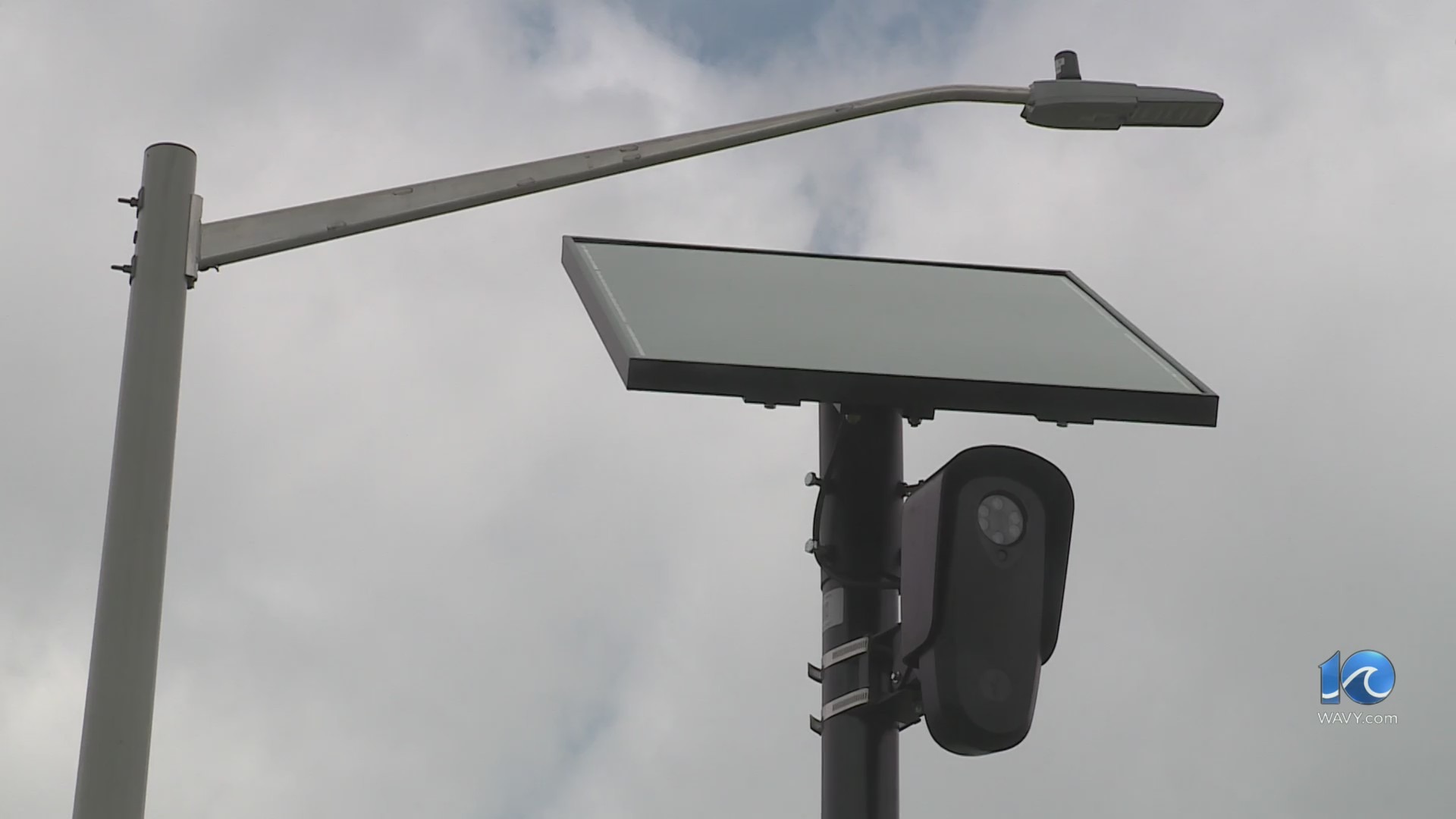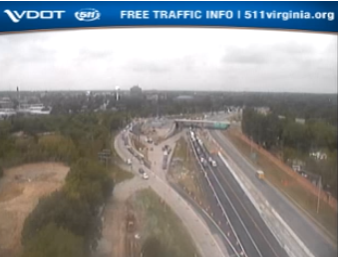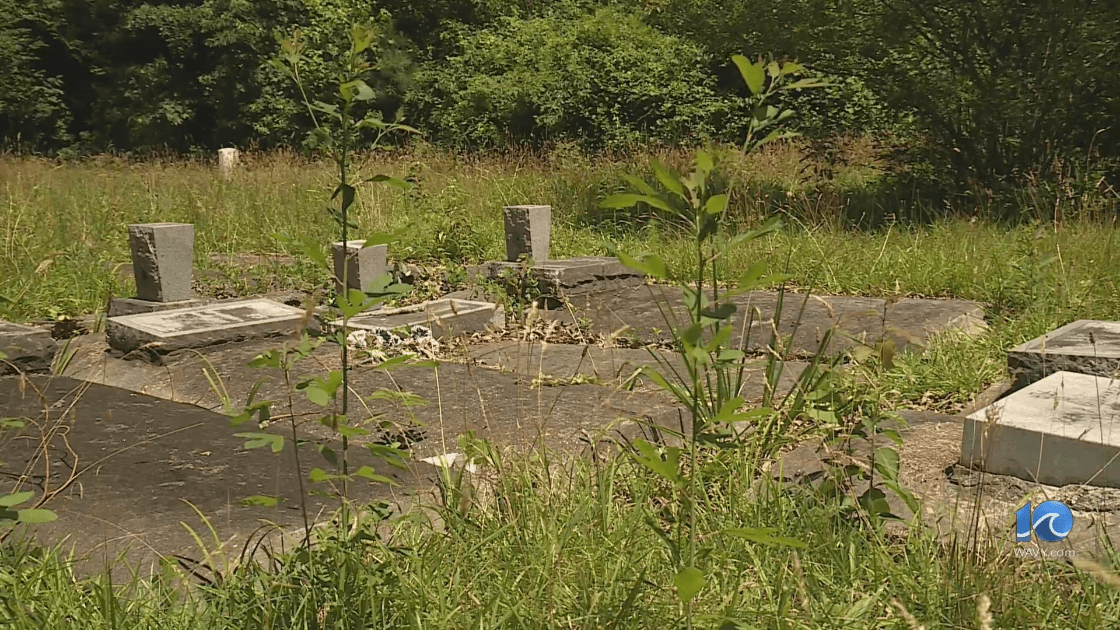The Virginia Department of Emergency Management recommends the following safety tips if you use a generator after a storm:
Generators should be used in well ventilated locations outside at least 20 feet away from all doors, windows, and vent openings. Measure the 20-foot distance from the generator exhaust system to the building.
Carbon monoxide can kill in minutes. Always point the exhuast away from doors, windows and vents.
- Never run a generator indoors, on your deck or in your garage. Find a wellventilated area away from your home.
- Do not connect your generator directly to your home’s wiring. Always use heavy-duty, indoor/outdoor rated extension cords to connect to the generator.
- Do not attempt to refuel your generator while it is running. Turn off all appliances connected to the generator, then turn off the generator. Let it cool before you attempt to refuel.
- Read and follow the manufacturer’s guidelines listed in your owner’s manual for correct operating procedures and power output capabilities. Don’t try to run more appliances than your generator can handle.
- Check the oil every time you add gas.
- Plug appliances directly into the generator.
- Do not store fuel indoors. Gasoline (and other flammable liquids) should be stored outside of living areas in properly labeled, nonglass safety containers.
- Always have a fully charged, approved fire extinguisher located near the generator.
- Do not run a generator in standing water.
- Install carbon monoxide detectors with battery backup in central locations on every level of your home.
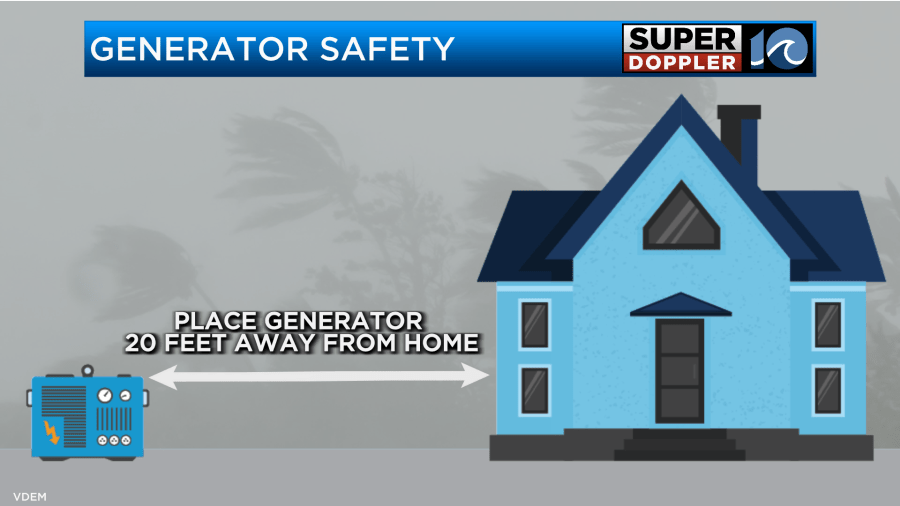
Get Hurricane Ready
Prepare for hurricane season: Getting your home hurricane ready
Prepare for hurricane season: Generator safety
Prepare for hurricane season: Important phone numbers
Prepare for hurricane season: What food and tools to have ready
Prepare for hurricane season: What clothing and documents to have ready
Prepare for hurricane season: What to do with your pets
Prepare for hurricane season: After the storm

